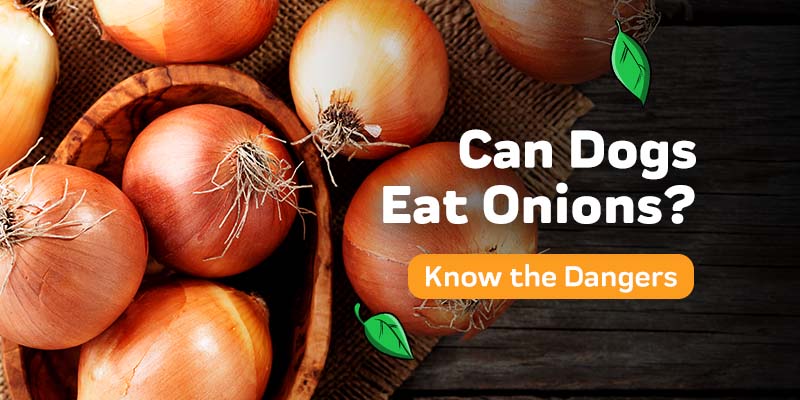- Quality Control
- Customized Nutrition
- Improved Digestibility and Absorption
- Enhanced Palatability
- Strengthened Bond
- Reduced Food Allergies and Sensitivities
- Improved Health Outcomes
- Conclusion
When it comes to feeding our furry friends, many of us default to commercially available kibble or canned food, trusting that these products will provide all the necessary nutrients for our pets. However, as more research surfaces and as pet owners become increasingly health-conscious, there's a growing interest in the potential benefits of a home-cooked diet for dogs.
In this blog post, we'll dive into the benefits of a home-cooked diet for dogs, and how it compares to traditional dry kibble or wet canned food. As always, remember to consult with your vet before making any drastic changes to your pet's diet.
Quality Control

Customized Nutrition
Every dog is unique, with different nutritional requirements based on factors such as age, breed, size, and health status. A home-cooked diet allows you to tailor your dog's meals to their specific needs. For example, if your dog has kidney issues, you can reduce the amount of phosphorus in their diet. Similarly, for overweight dogs, you can control caloric intake more precisely.
Improved Digestibility and Absorption
Many dogs find home-cooked meals easier to digest than commercially prepared foods. This is because home-cooked foods are typically less processed and contain fewer artificial preservatives and additives. As a result, your dog might experience improved digestion and nutrient absorption, leading to better overall health.
Enhanced Palatability
Let's face it: many dogs find home-cooked meals more delicious than kibble or canned food. The enticing smells and flavors of fresh food can stimulate a dog's appetite, especially beneficial for picky eaters or older dogs who might have lost some of their sense of taste.
Strengthened Bond
Preparing meals for your dog can also strengthen the bond between you. Just as cooking for family members demonstrates love and care, the same holds for your furry friend. You might also find that your dog becomes more engaged during mealtime, anticipating the delicious meal you've made for them.
Reduced Food Allergies and Sensitivities
Some dogs may develop allergies or sensitivities to certain ingredients found in commercial dog food. With a home-cooked diet, you can easily eliminate these problematic ingredients, reducing symptoms such as itching, gastrointestinal upset, and poor coat condition.
Improved Health Outcomes
While more research is needed, some studies suggest that a balanced home-cooked diet may contribute to improved health outcomes, including increased vitality, healthier skin and coat, and better dental health.
It's important to note, however, that a home-cooked diet for dogs requires careful planning and consideration. Unlike commercial dog food, which is designed to be nutritionally complete, home-cooked meals can easily fall short in providing all the necessary nutrients. To ensure your dog gets a balanced diet, you might need to supplement with vitamins and minerals under the guidance of a vet or a certified animal nutritionist.

Also, keep in mind that not all human foods are safe for dogs. Certain foods, like chocolate, grapes, onions, and garlic, can be toxic to dogs and should always be avoided.
Conclusion
When done correctly, a home-cooked diet can be a wonderful way to enhance your dog's health and happiness. It allows for personalization, quality control, and the peace of mind that comes from knowing exactly what your dog is eating. If you're considering this option, consult with a professional to ensure you're meeting all of your dog's nutritional needs.
In conclusion, while commercial foods provide convenience, a well-planned home-cooked diet can offer a multitude of benefits that contribute to your dog's well-being. Remember, a healthy dog is a happy dog, and what better way to show your love than through providing nutritious and delicious meals they will enjoy.















